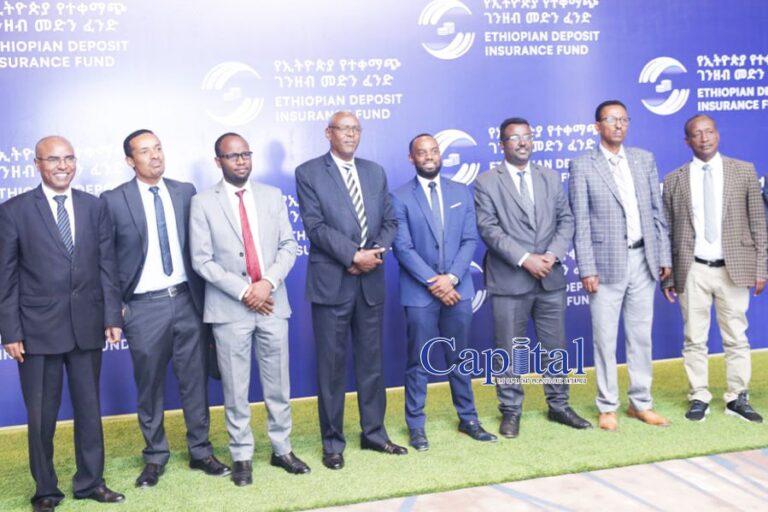The Digital Lab, a Libyan initiative fostering innovation and digital transformation, has officially launched its highly anticipated innovations map (https://LDIL.gia.gov.ly) platform. This user-friendly online tool will serve as a comprehensive resource, connecting innovators, entrepreneurs, researchers, and investors across the country. The launch ceremony was held at the headquarters of the General Information Authority in Tripoli.
“The launch of the Digital Lab’s Innovations Map represents a positive step forward in realizing our national digital transformation strategy,” stated Abdelbaset Albaor, chairman of the General Information Authority.” This platform is a testament to the collaborative efforts between the General Information Authority, Libyan institutions, and our international partners. It showcases the great initiatives taking place, laying the groundwork for a thriving and innovative digital ecosystem to take root in Libya.”
About the Digital Lab
The Libyan Digital Lab is a collaborative think tank hub established under the supervision of the General Information Authority with the support of the E-nable (https://E-nable.ly) project, funded by the European Union and implemented by Expertise France. This initiative aims to boost creativity and innovation and accelerate Libya’s digital transformation journey.
The Digital Lab team comprises representatives from various key government institutions in Libya responsible for digitization, technology, and innovation. Through a series of workshops and training sessions provided by the E-nable (https://E-nable.ly) project, the team has benefitted from the technical expertise of international digital specialists and experts. Notably, a study tour to Paris (https://apo-opa.co/3x97Fp3) offered valuable insights into the French approach to digital strategy and the practical applications of digital tools used by French institutions.
“Digital technologies can act as a catalyst, supporting key policy objectives, including supporting economic resilience, boosting SMEs’ competitiveness, facilitating the green transition and developing new digital skills.” Said Marton Benedek, Head of Cooperation at the EU Delegation to Libya. “The Digital Lab, created by E-nable, is a tangible outcome aimed at enhancing innovation capacities and investing in strategic value chains, networks and digital ecosystems. The EU will continue supporting the Libyan institutions to keep pace with the digital transformation and adapting the governance systems to our digitalized world.”
Empowering Innovation Through Collaboration
The Digital Lab’s dedication to cultivating a vibrant innovation ecosystem in Libya has culminated in the launch of its innovations map (https://LDIL.gia.gov.ly). This centralized platform maps innovation activities across Libya, capturing everything from private sector initiatives like the on-demand delivery apps to governmental e-services that streamline business registration or public procurement operations.
The platform offers several key benefits:
Enhance visibility: Showcase Libya’s innovation potential and ongoing projects to a wider audience.
Facilitate collaboration: Enable innovators to connect with potential collaborators and partners across the government, public, and private sectors.
Boost knowledge sharing: Serve as a platform for sharing best practices, successful solutions and case studies, and valuable digital resources.
“We at Expertise France are delighted to witness the launch of the Innovations Map, the result of the Digital Lab’s dedication to supporting digital innovation in Libya,” expressed Julien Schmitt, Country Representative and Programs Director at Expertise France in Libya. “The Innovations Map is a valuable tool that will not only enhance Libya’s visibility in the digital world but also fuel the development of a more inclusive and collaborative innovation landscape in Libya.”
The Innovations Map (https://LDIL.gia.gov.ly), which is the first significant outcome achieved by the Digital Lab, is envisioned as a continuously evolving platform encompassing digital innovations and initiatives from all Libyan regions. This is because users themselves can contribute their innovations to the map. The platform is expected to be a positive tool for driving Libya’s digital transition, unlocking new opportunities, and elevating Libya’s position as a hub for innovation.
Distributed by APO Group on behalf of Expertise France.
Contact:
Sarah Belamin
Communication Officer – Expertise France Economical program in Libya
sarah.belamin@expertisefrance.fr
+218946660453
Social Media:
Facebook: https://apo-opa.co/4at8o2u
Twitter (X): https://apo-opa.co/3x1pq9B
LinkedIn: https://apo-opa.co/4a8M0M7
Website: www.ExpertiseFrance.fr
About The European Union:
The European Union is made up of 27 Member States, which have decided to gradually pool their know-how, their resources, and their destiny. Together, over a period of over 50 years of enlargement, they have built an area of stability, democracy, and sustainable development, while maintaining their cultural diversity, tolerance and individual freedoms. The European Union is determined to share its achievements and values with countries and peoples beyond its borders.
About Expertise France:
Expertise France is the French public agency for international technical assistance. It aims to contribute to sustainable development based on solidarity and inclusiveness, mainly through enhancing the quality of public policies within the partner countries.
Expertise France is implementing a range of EU-funded projects in the economic sector in Libya by utilizing highly qualified national and international experts. These projects include SLEIDSE, EU4PSL, PAMRI, and Raqam-e projects, which have successfully contributed to raising awareness about entrepreneurship and coding, supported the private sector, engaged and empowered CSOs and women entrepreneurs, and facilitated access to finance.
About E-NABLE:
E-NABLE is a three-year project funded by the European Union and implemented by Expertise France. It aims to improve the capacities of key economic institutions for a sustainable, diversified, and digital economy to institutionalize the private sector’s economic growth with the support of both private and public sector organizations.



